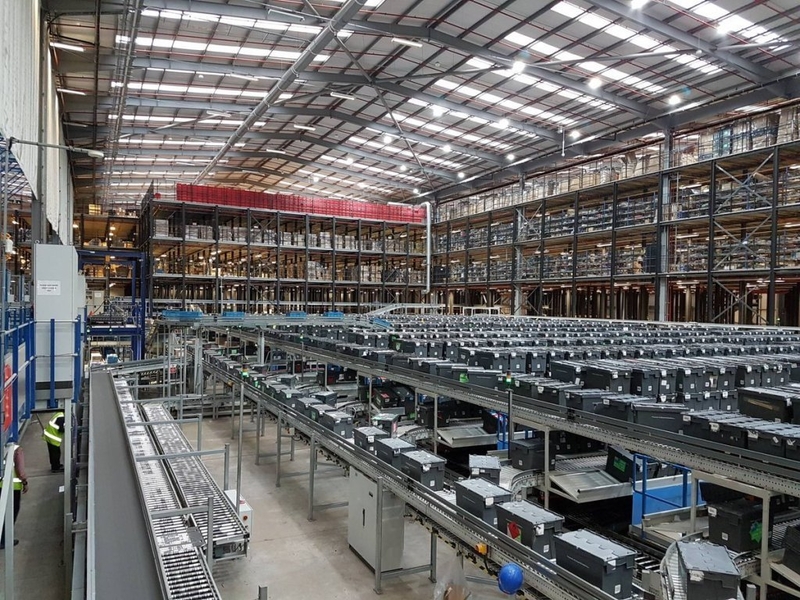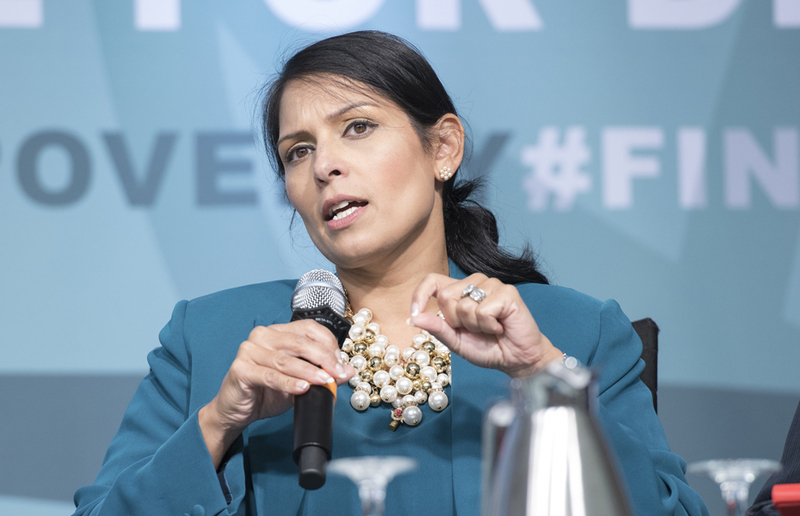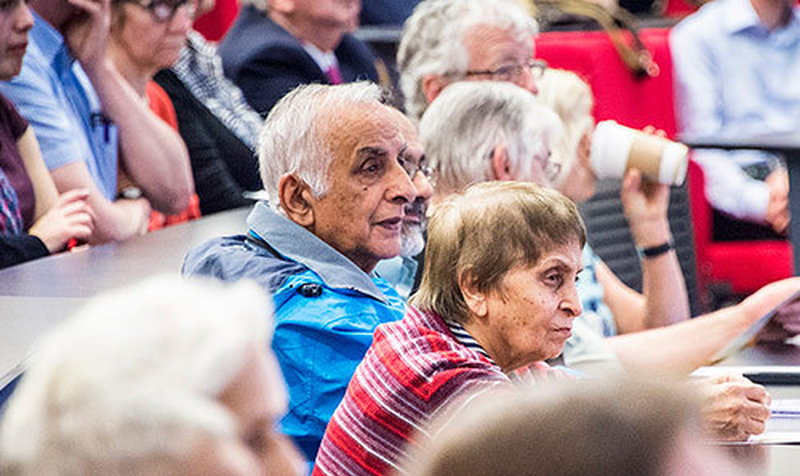Our occasional columnist and councillor contemplates the new government’s immigration policy
The new Prime Minister will do great damage to the city of Manchester by reducing our ability to attract and retain the brightest and the best. His past comments - not said when he was young, in bad taste or on a drunken night out, but often in his column - smack of contempt for the contribution migrants make to our society. This is at a time we will need them the most.
Boris Johnson is a fantasist whose egotistical machinations ensures he pursues an anti-immigrant narrative, not to restrict supply and push up wages, but for his own progression and to divert attention from the failings of Tory Party’s stance on workers’ rights.
You are onto a red herring here, Priti, if you think Mancunians will apportion blame to the city’s migrants who have been enriching our lives since the industrial revolution
To this end Priti Patel, capital punishment advocate and Boris’ newly appointed Home Secretary, pushes the narrative that if low- and middle- income earners were no longer admitted to this country, then British business would have to ‘back our people’ and training and technological advancements will make up the gap.

But let’s leave BoJo's Whitehall circus aside for a moment and visit a factory in Rochdale. Here, Usdaw members have declared a grievance against JD Sports Distribution, where workers on a twelve-hour shift were expected to get only two breaks while working through the night, according to the distribution union. Many of the workers (and ex-workers) of this site are my constituents and some people blame the churn of staff on the company’s ability to replace staff with migrant labour.
Poor conditions affect migrant and home workers equally. An Usdaw official said: "Sadly, recently arrived migrant workers are often on the receiving end of this treatment." Usdaw believes such employment practices 'belong in 1819 not 2019.'
This notion that the Conservative Party can capture the working classes’ attention by spouting divisive bile will not work in the long term, mainly because the oppression of immigrants and protected groups often results in unjust pay, poor job security and limited life prospects for all; things the working classes have fought against for decades. These intricate realities often have a unifying solution: tolerance and acceptance.

We should also seek to challenge false economic arguments. Adding a few percent to the pay packet of a distribution worker, by restricting labour supply (through immigration policy), would soon be eaten up by inflation and taken away by the government’s punitive Universal Credit system. The greater pay carrot might sound attractive for a moment but working class voters are not stupid; they are if, anything, more sensitive and therefore more in tune to the impacts of government policy.
Having said that, some believe that an endless supply of labour is of no consequence and if everyone would put the Daily Mail down and pick up a broadsheet then we would all be better off. Some people do not have to compete in industries where they can be easily replaced and are not always aware of the reasons why people may want to restrict immigration and mistake it for intolerance and ignorance.

Usdaw and the trade union movement are part of the answer to building a more tolerant and accepting society. In countries where the workforce has low levels of organisation, workers have worse pay and conditions, it is trade unions - not punitive immigration policies and hostile environments for settled migrants - that really offer what Ms Patel touts: investment in staff, training for the unskilled and balancing power between the employee and the employer. Most employers are good but it’s essential to have some safeguards.
But how does this affect Mancunians in particular? The latest ONS (Office for National Statistics) population projections for Manchester showed growth dropping significantly, causing a stir among the policy makers who have to justify taking swathes of the greenbelt out for housing and employment.
Manchester is going to house an increasingly older population which puts our demographic back a couple of decades; in strong contrast to the ONS figures, between 1997 and 2015 the City of Manchester saw the greatest growth of young adults in the country, in correlation with our booming economy. Put simply, Manchester’s strong growth needs young workers. Due to this government’s outlook, the city could be facing a problem not witnessed since WW2 with no way of solving it.

What the new Home Secretary does not foresee is that the people who will pay for her disastrous agenda are those she purports to believe in: the workers who are currently having to go declare grievances against their employers to ensure minimum standards. You are onto a red herring here, Priti, if you think Mancunians will apportion the blame for your party’s policies to the city’s migrants who have been enriching our lives since the industrial revolution.
If Mancunians do, just for a moment, lend their support to these Tory policies that support will be short-lived because we are, and always will be, among the most tolerant accepting of people. Our city’s values of labour organisation and cooperation will win out in the end.
Follow @johnblundell993 on Twitter















